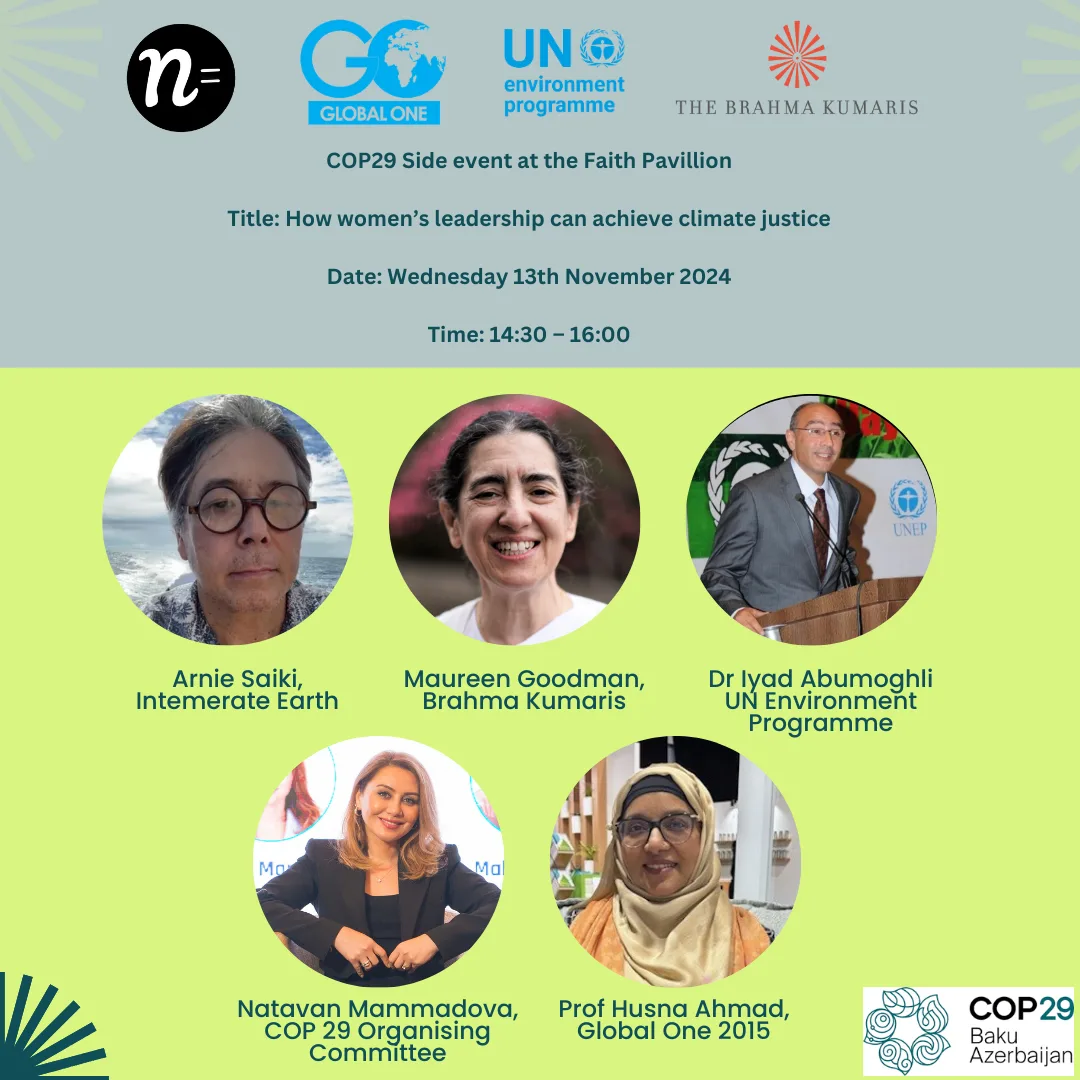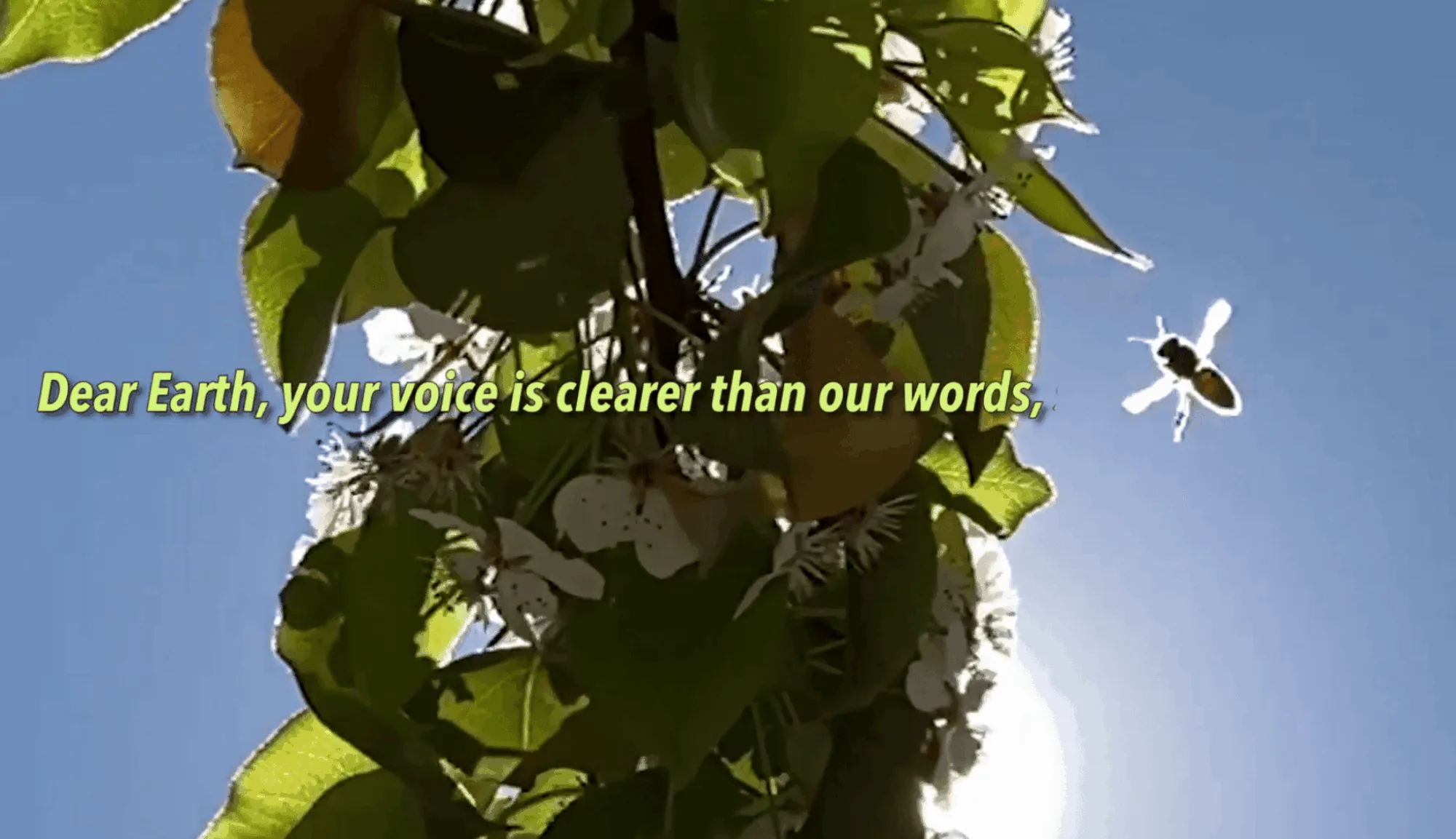
“Harnessing the Tide: Keep your fucking Yachts (Because Lifeboats Are for Ecosystems, Not Economies, stupid)”
I recently facilitated the Ecological Accounting and Resilience Development Program for a group of 35 young academics attending the Pacific Theological College in Suva, Fiji. These students, many of whom have been sent by their respective communities across Fiji, represent the future of local data stewardship in the region. They were equipped with the deep cultural knowledge, processes of protocol and reciprocity, and community-centered practices that have long guided their peoples’ interactions with their environments.
Our work together centers on building the skills and frameworks necessary for these students to steward their communities’ ecological data—data that reflects local realities, values, and knowledge systems—while safeguarding it against the forces of data colonialism. This stewardship is more than just a technical skill; it’s a practice rooted in the protection and empowerment of their communities, ensuring that any data collected is governed and created in alignment with local protocols.
The aim of this program is to facilitate students to merge local data development with international standards when beneficial, or, just as importantly, to develop their own standards of data collection, stewardship, and governance. In doing so, they are creating systems that not only serve their communities but defend against the predatory data practices of trillion-dollar corporations like Amazon, Meta, Google, and other international agencies working in cooperation with Big Conservation and even Departments of Defense. These companies and agencies often impose top-down data practices that strip communities of their ownership and agency over local ecological knowledge.
The Pacific is no stranger to these global forces, and our goal is to ensure that these young academics can return to their villages as data stewards, armed with the skills and knowledge to protect their communities from exploitation and ensure that data is used for community resilience, sustainability, and self-determination.
As we begin to reflect on the broader systems that dominate global economics, it becomes clear that the very frameworks used to define growth and progress—like GDP and carbon credits—are deeply flawed. These metrics, which are still widely used to guide international policy and investment, fail to capture the true wealth of nations, particularly those like Fiji and other Pacific Island nations really the Global South as a whole, where communities have historically stewarded their environments for generations. This is where the concept of intemerate accounting offers a much-needed alternative…
And let me be clear—this is an accounting methodology that should benefit all impacted, displaced, at-risk, or vulnerable peoples, whether from war, climate disasters, or other systemic challenges. While we are launching this initiative in Fiji with the Pacific Theological College, the principles of this work apply across the Global South and beyond, with a specific focus on those who are struggling against systemic racism and violence, even within the advanced economies. These populations, whose resilience is continually tested, deserve an accounting system that reflects their real contributions to ecological and social well-being, not just market value.
Today, we find ourselves at the intersection of two critical global crises—ecological degradation and socioeconomic inequality. Many of the strategies we’ve developed to address these issues, particularly through GDP, carbon credits, and large-scale environmental accounts, are fundamentally flawed. This is not just a moral critique but a well-established structural problem that both reinforces inequities and undermines true ecological restoration.
We live in a world where metrics like GDP determine how “successful” or “developed” a nation is. GDP measures market transactions, but it does not account for well-being, environmental degradation, or the value of communal stewardship. In fact, if an oil spill happens, GDP rises as the cleanup costs are included as “growth.” But who does this growth benefit? And more importantly, what is it costing the planet and the communities most impacted by these disasters?
Take the carbon credit market. It seems like a straightforward solution—put a price on carbon emissions and incentivize industries to reduce pollution. But what happens when we turn these carbon credits into commodities? The very logic of commodification is the problem. This approach is a continuation of the same neoliberal, extractive mindset that has historically marginalized indigenous, peasant, and migrant communities. Instead of addressing the root causes of ecological destruction, it merely repackages them into market-friendly mechanisms.
We see the same logic applied to top-down investment strategies in environmental accounting. Large financial institutions and conservation NGOs often frame themselves as saviors of the planet, deploying billions of dollars to preserve “natural capital.” But let’s critically examine this term—natural capital. When we label ecosystems, forests, oceans, and even human communities as “capital,” we are fundamentally reducing them to commodities that can be owned, traded, and exploited. This is nothing less than an extension of data colonialism—a process where big conservation efforts manage and account for large swaths of blue and green data, not for the benefit of the land, sea, or people, but for the accumulation of data as wealth.
Local communities, especially in the Global South, are often left out of these discussions. Worse, their data—whether it’s knowledge of the environment, biodiversity, or climate resilience—is extracted without proper consent and used to generate profits elsewhere. This practice echoes the historical exploitation of colonial resources. What we need instead is a framework that champions local data sovereignty.
Local Data Sovereignty means that communities should own and control their data, especially when it pertains to environmental knowledge and biodiversity. They must have the power to decide how that data is used, who can access it, and how it contributes to their own development and resilience. This is where intemerate accounting comes in. Unlike GDP or carbon credits, intemerate accounting doesn’t commodify the environment. Instead, it measures the interactions of communities with their ecosystems in a holistic way, focusing on resilience, well-being, and sustainability rather than market-based profitability.
Let’s move away from the commodifying nature of current environmental strategies and consider an alternative: translocal data markets. These are markets not based on the buying and selling of environmental assets as commodities but rather on the reciprocal exchange of data, knowledge, and resilience between communities. Imagine a system where communities are able to share insights, build networks of resilience, and develop adaptive strategies that are recognized and rewarded—not in financial terms, but in terms of infrastructure, access to sustainable resources, and the ability to maintain ecological stewardship.
In contrast to the current push for “big conservation,” where large organizations dictate what lands or waters are worth saving, we argue for a more democratic and decentralized approach. These organizations often control vast swaths of blue-green data—oceans, forests, and wildlife—without recognizing the communities that have lived alongside these ecosystems for centuries. This is where the impulse to hoard data for wealth accumulation begins to resemble a form of colonialism, the exploitation of knowledge and natural assets for the benefit of a global elite.
We must resist this tendency by ensuring that the voices of indigenous, peasant, and marginalized communities are at the forefront of ecological accounting. Free, Prior, and Informed Consent (FPIC) must be central to any data-gathering process, ensuring that communities not only consent to how their data is used but also benefit from its application. This is a fundamental component of data sovereignty.
The Intemerate Equation offers a framework for this type of ecological accounting. It isn’t about adding nature into a market equation but creating an entirely new equation that balances economic development with ecological and social well-being. It measures well-being not in terms of growth but in terms of resilience, community interaction, and environmental restoration.
In this new framework, data is not a commodity to be traded but a resource for building translocal solidarity. By sharing data across communities—whether it’s knowledge of water management, sustainable agriculture, or disaster preparedness—we can build systems that are resilient, regenerative, and just. These translocal data markets are not for-profit exchanges but platforms for collaboration and mutual aid.
In conclusion, if we are serious about addressing climate change and restoring ecological biodiversity, we need to rethink our entire approach to environmental accounting. GDP, carbon credits, and top-down conservation efforts only perpetuate the same systems that caused these crises in the first place. Instead, we must look to intemerate accounting, local data sovereignty, and translocal data markets as ways to truly honor the knowledge, resilience, and stewardship of marginalized communities. These are the solutions that can help us build a future where equity, sustainability, and regeneration are at the center of our economic and ecological practices.
In conclusion, the Intemerate Equation offers a transformative path forward that addresses many of the fundamental flaws in current national accounting methodologies.
